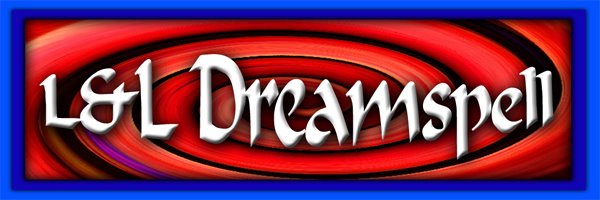There have been times in the past when I’ve been in conversation with an author published by a large, traditional (read New York) publisher – some being well-known, others not — and when I would mention my books are POD, their expression made me wonder if they were about to cross their fingers in front of their face and fling holy water on me while backing away. Their subsequent comments conveyed bias against POD and I’m not sure if this is as a result of naïvete or lack of knowledge.
Due to misconceptions and misstatements, POD has become a tainted term, so let’s set the record straight about what it really means. I’ll use my own book as an example, published by an independent publisher. Bear in mind, not all small and independent publishers will have in place the same policies as my own and I would caution authors to research extensively before signing with a publisher.
Print on Demand, or POD, is a publishing technology which simply means my paperback book is printed as it is ordered utilizing digital equipment.
POD does not mean my book is self- or subsidy published, although it is utilized in these venues. Small and independent publishers, as well as those who offer subsidy publishing and authors who choose to self publish, rely on this technology.
POD does not mean my books are of a poorer quality or are not professionally edited. Many small and independent publishers produce professional, viable books on par with those offered by the big-six NY traditional publishing houses.
POD books are pragmatic and cost feasible. No warehousing is required, thus, no overhead for rental space or warehouse employees, and no trucking or logistics costs.
POD is environmentally friendly: According to Linda Houle, publisher and author of
The Naked Truth about Publishing (http://tinyurl.com/2dzb6jr) estimates show that approximately thirty million trees, or ten billion dollars, are wasted on print-run books subsequently remaindered (returned as unsold).
POD books, like print-run books published by large, traditional publishers, are returnable.
POD books are distributed by the two largest book wholesale distributors: Ingram and Baker and Taylor.
POD publishers, like large traditional publishers, send out ARCs (Advanced Review Copies) to professional reviewers and promote the book upfront. As with all publishers, even the big-six as pertains to their authors who don’t receive the mega-bucks promotional team, the vast majority of promoting lies with the author.
POD publishers offer the same standard discount to bookstores as do the larger traditional publishing houses.
POD publishers continually expand their lines as opposed to the large traditional publishers who replace titles. In other words, books aren’t pulled from shelves or discontinued, offering authors time to build readers.
POD publishers usually offer both print books and Ebooks (electronic books).
POD books are larger than paperbacks and smaller than hardbacks. They are generally 5.5”x8.5” or 6”x9”, and are called soft-cover trade paperbacks. Many readers find this size preferable.
POD books are virtually available forever. Unlike print-run books, with a limited shelf life, a POD book allows the author time to build a readership base.
POD books are now available instantly. The Espresso Book Machine is currently in use in selected bookstores across America. Readers can choose the book they wish to purchase and within minutes it is printed and bound and ready to take home.
POD is now being used by large, traditional publishers. Although, on the surface, they seem to shun POD technology, they have begun utilizing it for select books.
The onset of POD and Ebooks has brought about a major flux in the publishing industry. Although the large, traditional publishers have been slow to acknowledge and utilize these changes, they are beginning to come on board. In a perfect world, all modalities of publishing would be considered on equal terms. We haven’t gotten there yet, but I believe it’s not too far in the future. Authors now have the option of choosing how their book is published, and it is hoped they will be treated with respect and not be subject to derision or an elitist attitude concerning their choice if it falls outside of what was once considered the publishing standard.



